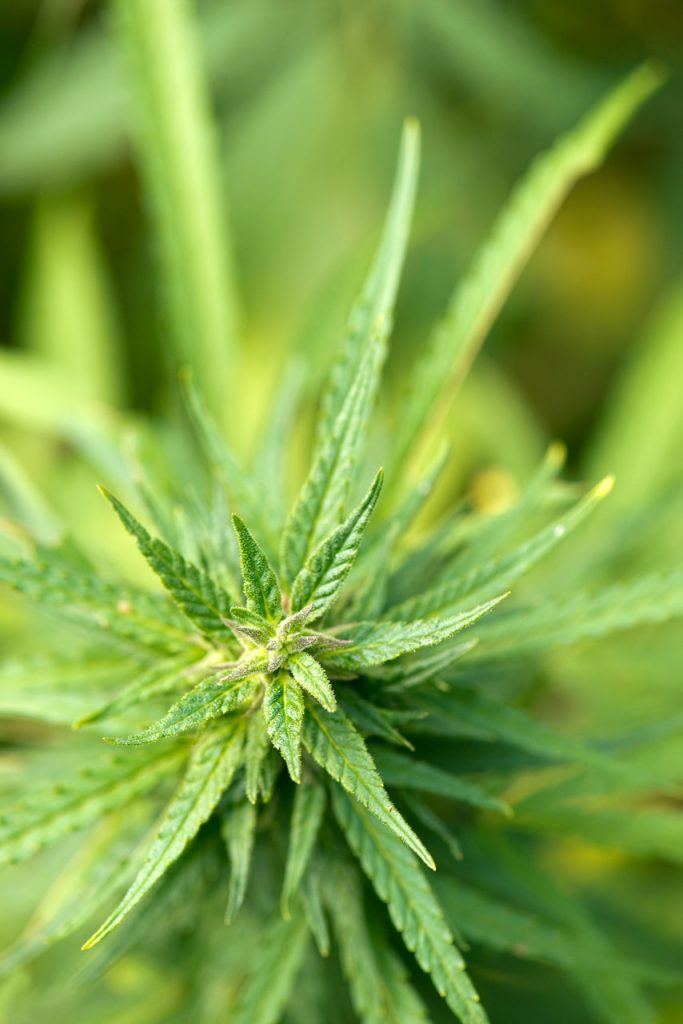More than 130 hemp operators submitted 750 samples in the first year of the Midwest Hemp Database (MHD) research project, a regional effort among a group of universities that focuses on cannabinoids. The initiative, started by the University of Illinois, queried stakeholders across several states on a wide range of farming practices, and profiled cannabinoids in field samples collected from the 2020 harvest.
MHD, which also includes private laboratories, non-profits, and other hemp industry stakeholders, aims to provide insight into agronomic performance of hemp cultivars grown for cannabinoid production.
Search for performance
“Hemp is still a ‘new’ crop to the region, with research regarding best management practices and cultivar performance still in the early stages,” MHD said in its recently issued inaugural report. “Without the presence of certified hemp seed there is a tremendous amount of variability within and across cultivars and the sources of genetics. Between these two factors, growers are without reliable sources of information as they navigate this new industry.”
Under the initiative, hemp producers submit information about their crops and researchers analyze and share that data with other participants and the public. In exchange for their participation, growers get discounted cannabinoid testing services. The tests provide information valuable to hemp growers but do not replace compliance testing through state or federal agencies, MHD noted.
Data sets
Agronomic performance and cannabinoid development tracked in the samples submitted by participants lets the researchers develop profiles for select hemp cultivars. The database also contains information on such things as planting methods, planting and flowering dates, and yield. Data from the MHD was used to support rule changes in the U.S. Department of Agriculture Final Rule.
Among highlights, the 2020 research found:
- Industrial hemp is typically grown on small acreage (<5 acres) and is more akin to specialty crops than traditional row crops. Regional data has shown an increase in number of licensed growers while acreage has decreased, indicating a downward shift in average operation size.
- Most high cannabinoid hemp grown in the Midwest will begin to flower during the month of August, continuing reproductive growth until harvest in early October. High cannabinoid hemp is traditionally hand harvested for premium floral material, but mechanical methods designed to harvest biomass are also being developed.
- Average stripped floral yield of all varietal entries in the MHD was ~1.22 lbs./plant. Substantial variation existed , with 140 (54%) of the cultivar entries resulting in yields less than 1.0 lbs/plant.
- There is currently a great deal of variation across laboratory sample preparation and analytical methods; high performance liquid chromatography (HPLC) and gas chromatography (GC), for example. This disparity between current laboratory procedures makes cannabinoid analyses difficult to compare. As such, submitting samples though an approved, accredited laboratory is recommended.
- Total CBD (%) in samples submitted often did not exceed ~8% without going over the regulatory threshold of 0.3% THC, indicating that cultivars with a stable CBD:THC (~25:1) ratio throughout flowering will help to maximize profitability while maintaining compliance.
Team MHD
Data collection and sampling protocols for the research were designed by a team of Midwestern researchers using the U.S. Department of Agriculture rules as a guide.
Coordinated by Philip Alberti from the University of Illinois, also collaborating to set up the research in its first year were Shelby Ellison, University of Wisconsin-Madison; James Dedecker, Michigan State University; Marguerite Bolt, Purdue University; Esther Shekinah, Micheal Fields Agricultural Institute; Rock River Laboratory Inc. and Pride Analytics & Consulting.
Midwest growers and producers can now apply for participation in MHD 2021 research.
FULL REPORT: MHD Summary Findings 2020

